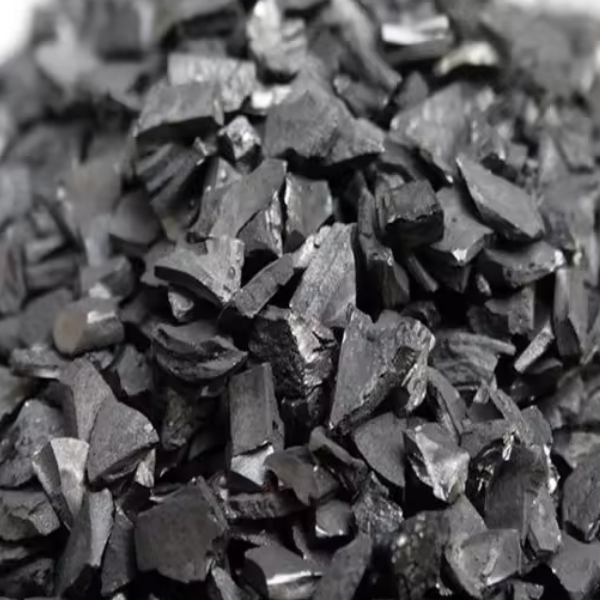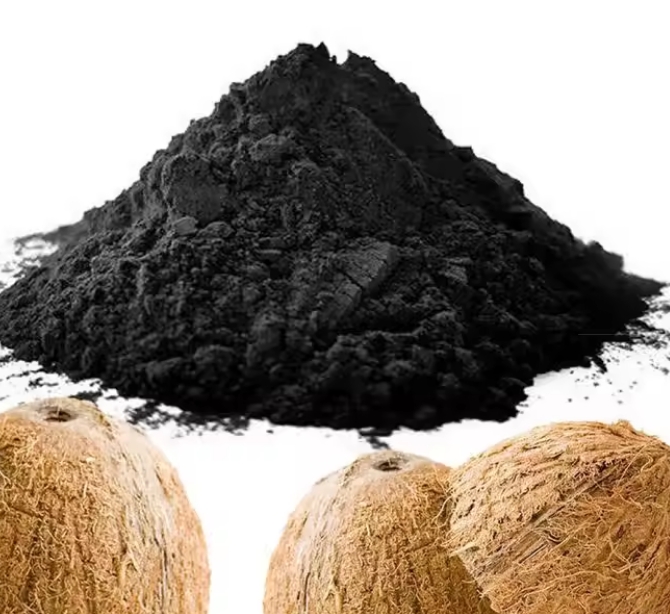Coconut Shell Activated carbon is a popular choice for water purification due to several key advantages:
1.High Adsorption Capacity: Coconut Shell Activated carbon has a high surface area and a porous structure, making it highly effective at adsorbing contaminants such as chlorine, pesticides, solvents, and organic chemicals.
2.Effective Removal of Chlorine and Chloramines: It is particularly effective at removing chlorine and chloramines, which are commonly used as disinfectants in municipal water supplies but can cause taste and odor issues.
3.Reduction of Organic Compounds: Coconut Shell Activated carbon can adsorb a wide range of organic compounds, including VOCs (volatile organic compounds), that can affect the taste, odor, and safety of water.
4.Improvement of Taste and Odor: By removing contaminants that cause taste and odor issues, activated carbon significantly improves the quality and palatability of drinking water.
5.Safe and Non-toxic: It is a safe and non-toxic material, making it suitable for use in drinking water purification without introducing harmful substances.
6.Versatility: Coconut Shell Activated carbon can be used in various forms and systems, including point-of-use filters (e.g., pitcher filters, faucet-mounted filters), whole-house filtration systems, and industrial water treatment facilities.
7.Cost-effective: It is relatively inexpensive and provides a cost-effective solution for improving water quality.
8.Environmentally Friendly: When derived from sustainable sources such as coconut shells, activated carbon is environmentally friendly and has a lower environmental impact compared to some other purification methods.
These advantages make activated carbon an excellent choice for water purification applications, ensuring cleaner, safer, and better-tasting water.



